The Commander of Immigration Division 6, Major General Thatchai Pitaneelaboot, told Phuketwan that raids on the secret camps in southern Thailand ''will continue this week and next week.''
He said more than 500 men, women and children had been apprehended in the first raid on a camp and 200 more had been apprehended in the second raid.
''The camps are simple structures with earthen floors and plastic sheeting overhead,'' the major general said. ''There appear to be quite a few in operation because it's the safe sailing season for these people between January and April.''
He described the Rohingya, stateless and unwanted in Burma (Myanmar) as Burmese Muslims and said the two groups being held would be fingerprinted, interviewed and deported ''back where they came from.''
Rohingya interviewed by NGOs in Malaysia say they are not sent back to Burma but put in boats from the Thai border port of Ranong then taken south again by traffickers.
''We are very serious about processing these groups,'' Major General Thatchai said. When asked whether the process involved human trafficking, he said he preferred to use the term people-smuggling.
The distinction, however, may not apply where captives are beaten and tortured in the camps to extort money in making telephone calls to family and friends. As much as 50,000 or 60,000 baht is usually asked for each individual.
The activist group the Arakan Project reports that at least 9000 Rohingya left northern Burma in November by sea for Malaysia with about 7000 following in December. Villagers along the Andaman coast say drug dealers have switched to trading in boatpeople because it is less dangerous and more lucrative.
According to new arrivals recently interviewed in Malaysia, the border camps are becoming increasingly brutal places where deaths and rapes occur with increasing frequency.
Major General Thatchai agreed today that business was brisk. ''The economy behind the smuggling of Burmese Muslims is huge. We have been applying pressure in local villages.
''Some local people join in the smuggling. They gain the benefit, one way or another.''
Phuketwan has found villages where attitudes differ. Some Muslims hate to see what's going on and do what they can to stop the brutality. Others allow it to happen, and sometimes join in.
''There are lots of sites for these camps,'' the major general said. ''It takes a large number of staff to carry out a raid and deal with the people arrested.''
Mystery surrounds how the Rohingya are moved by sea and land in vast numbers through to Malaysia without more frequent intervention and the arrest of smuggler-traffickers by Thai authorities.
Major General Thatchai said he could not determine how many smuggler-traffickers had been arrested but warrants were being sought from the Songkhla court for more arrests.
He said he intended to invite the media and NGOs to visit the secret camps and go along on the deportation process.
Phuketwan was unable to reach the Burma Embassy today to confirm whether Rohingya/ Burmese Muslims were now being allowed to return to the country.
Thai Immigration officials apprehended more than 2000 Rohingya men, women and children between January and March last year from camps and boats with the intention of reviewing their status and trying to place them in third countries.
The policy appeared to fail and most of the Rohingya have escaped or been smuggled-trafficked to Malaysia.
The latest raids come with the US State Department finalising its research for its next Trafficking In Persons report. The report is due in June and Thailand is in danger of slipping in ranking.

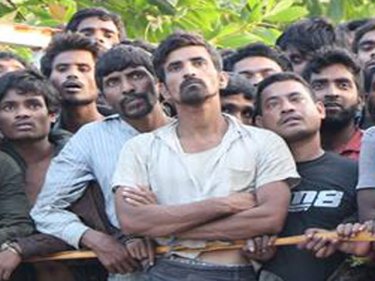




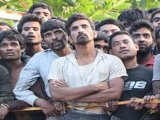
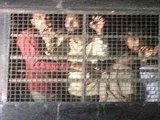


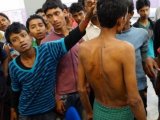


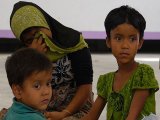


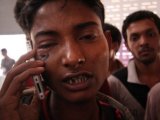
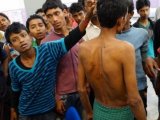
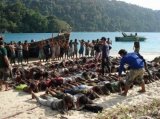
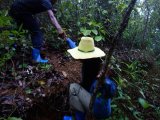

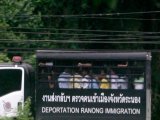



Smuggling gangs????...Hmmm...I wonder...supported by who?
Posted by sky on January 28, 2014 15:09